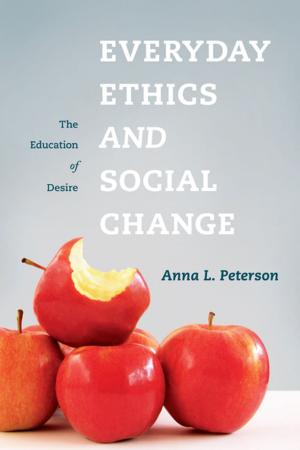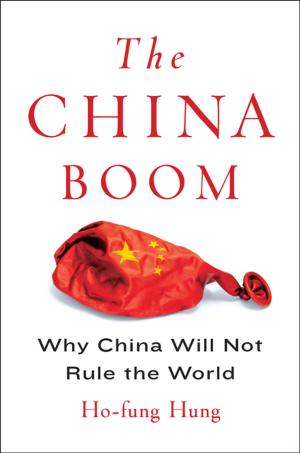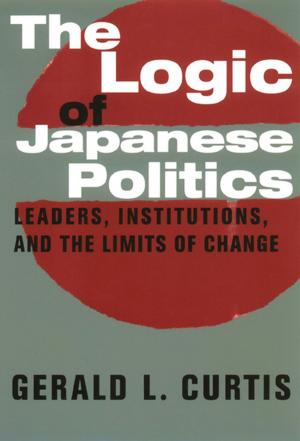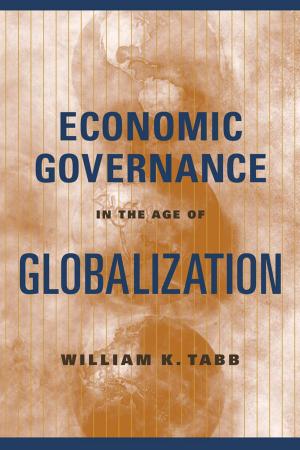News from Abroad
Nonfiction, Reference & Language, Language Arts, Journalism, Social & Cultural Studies, Social Science, Business & Finance| Author: | Donald Shanor | ISBN: | 9780231529433 |
| Publisher: | Columbia University Press | Publication: | July 30, 2003 |
| Imprint: | Columbia University Press | Language: | English |
| Author: | Donald Shanor |
| ISBN: | 9780231529433 |
| Publisher: | Columbia University Press |
| Publication: | July 30, 2003 |
| Imprint: | Columbia University Press |
| Language: | English |
Over the last two decades, following major conflicts in Kuwait, Kosovo, Afghanistan, and Iraq, Americans began to participate more actively than ever before in the world's numerous nationalist, religious, and ethnic conflicts. During this time, however, American news organizations drastically reduced the resources devoted to in-depth coverage of international affairs. Viewing foreign bureaus as an expensive luxury, major news providers closed overseas offices and cut the number of full-time correspondents working abroad, relying instead upon improvised news crews flown in on short notice to cover the latest crisis.
In this insightful and hard-hitting investigation, former international news correspondent Donald R. Shanor follows the deterioration of international reporting and assesses the dangers that arise when U.S. citizens and policymakers are uninformed about foreign events until local problems erupt into international crises. Shanor also considers three major factors—technology, immigration, and globalization—that are influencing and complicating the debate over whether quality or profit should prevail in foreign reporting. In only a decade, the Internet has become a primary source of information for millions of Americans, particularly for younger generations. At the same time, a surge in America's immigrant population is rapidly changing the country's ethic and cultural landscape—making news from abroad local news in many cities—while global business practices are broadening the range of issues directly affecting the average citizen.
News from Abroad provides a comprehensive portrait of the contemporary state of international news coverage and argues for the importance of maintaining networks of experienced journalists who can cover difficult subjects, keep Americans informed about the global economy, deliver early warnings of impending disasters and threats to national security, and prevent the United States from falling into cultural isolation.
Over the last two decades, following major conflicts in Kuwait, Kosovo, Afghanistan, and Iraq, Americans began to participate more actively than ever before in the world's numerous nationalist, religious, and ethnic conflicts. During this time, however, American news organizations drastically reduced the resources devoted to in-depth coverage of international affairs. Viewing foreign bureaus as an expensive luxury, major news providers closed overseas offices and cut the number of full-time correspondents working abroad, relying instead upon improvised news crews flown in on short notice to cover the latest crisis.
In this insightful and hard-hitting investigation, former international news correspondent Donald R. Shanor follows the deterioration of international reporting and assesses the dangers that arise when U.S. citizens and policymakers are uninformed about foreign events until local problems erupt into international crises. Shanor also considers three major factors—technology, immigration, and globalization—that are influencing and complicating the debate over whether quality or profit should prevail in foreign reporting. In only a decade, the Internet has become a primary source of information for millions of Americans, particularly for younger generations. At the same time, a surge in America's immigrant population is rapidly changing the country's ethic and cultural landscape—making news from abroad local news in many cities—while global business practices are broadening the range of issues directly affecting the average citizen.
News from Abroad provides a comprehensive portrait of the contemporary state of international news coverage and argues for the importance of maintaining networks of experienced journalists who can cover difficult subjects, keep Americans informed about the global economy, deliver early warnings of impending disasters and threats to national security, and prevent the United States from falling into cultural isolation.















